# itr
12 posts in `itr` tag

Finally! The 2025 Capital Gains Relief Scheme is Making Life Easier
The 2025 Amendment Scheme has modernised the Capital Gains Account Scheme (CGAS) by making it digital-first and easier to use. Taxpayers can now deposit capital gains online through Net Banking, UPI, RTGS, or NEFT, with the deposit date clearly defined. Electronic statements replace passbooks, more banks are authorised to manage CGAS accounts, and simpler ITR forms are on the way. With broader exemptions like Section 54GA included, the scheme reduces stress and makes compliance smoother for property sellers, NRIs, and businesses.
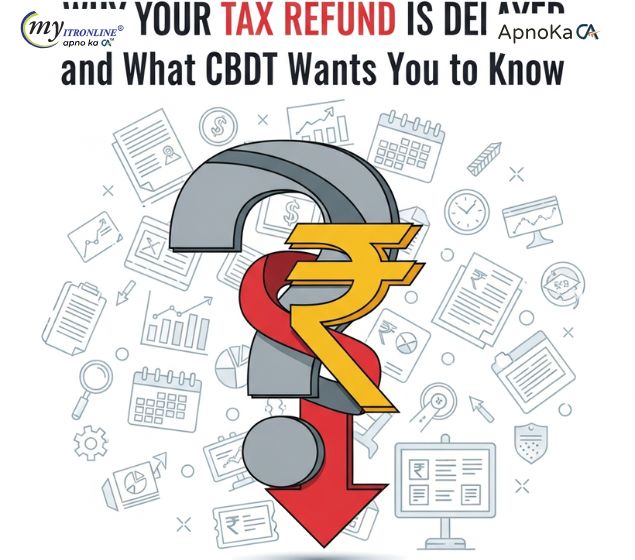
Why Your Tax Refund Is Delayed and What CBDT Wants You to Know
Many taxpayers are waiting for refunds, especially where the refund is large. The Central Board of Direct Taxes (CBDT) is closely checking high-value and flagged returns to stop fake claims and tax cheating. This guide explains the main reasons for delays, which cases get compulsory scrutiny, and simple steps you can take now to clear your refund faster.
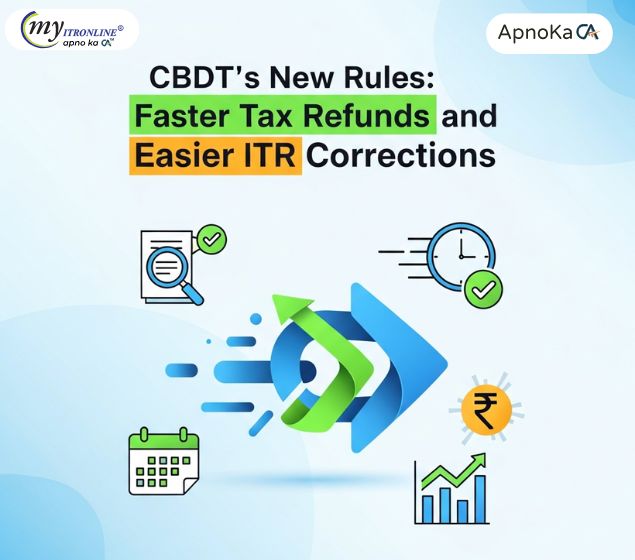
CBDT’s New Rules: Faster Tax Refunds and Easier ITR Corrections
The CBDT has empowered the CPC Bengaluru with concurrent jurisdiction under Section 154 to rectify obvious errors in ITRs like missed TDS/TCS credits, relief miscalculations, and interest under Section 244A—leading to faster refunds, reduced compliance burden, and greater transparency. Effective from October 27, 2025 (Notification No. 155/2025), this centralized approach streamlines rectifications and allows demand notices under Section 156 where needed.

Reels, Revenue, and Returns: Tax Rules for Creators Earning from Facebook & Instagram Reels
The creator economy is booming, but taxes are unavoidable. This blog explains how income from Facebook and Instagram Reels is treated under Indian tax laws, covering ITR filing, deductions, TDS rules, and GST registration.
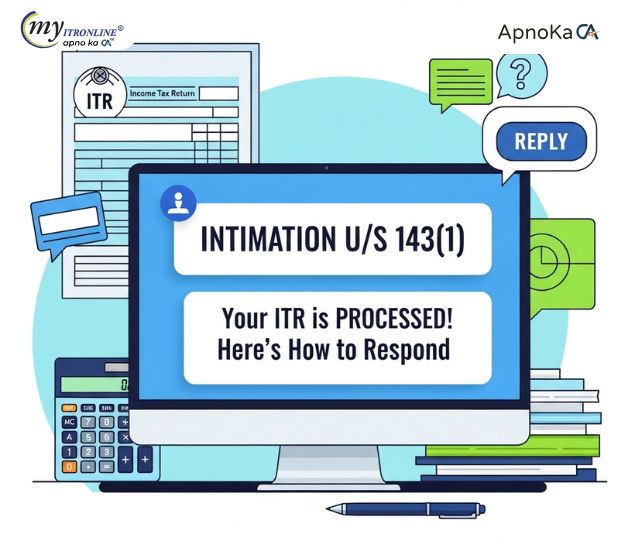
Intimation U/S 143(1): Your ITR is Processed Here's How to Respond
The Intimation under Section 143(1) is a routine message from the Income Tax Department after processing your ITR. It may confirm your return, show a refund, or raise a tax demand. This blog explains how to read the notice, respond correctly, and avoid penalties.

Refund Returned by Bank? Here's How to Get Your Money Back
If your income tax refund shows “Refund Failed” or “Refund Returned by Bank,” it means your bank couldn’t accept the payment. This guide explains the common reasons for refund failure and walks you through the simple online steps to fix your bank details and request a refund reissue through the Income Tax portal.

Refund Adjusted Against Outstanding Demand: What You Need to Know
If your income tax refund is adjusted against an old tax demand, it’s likely due to Section 245 of the Income Tax Act. This blog explains what the notice means, how to respond within 30 days, and what options you have. Learn how to protect your refund and keep your tax records clean.
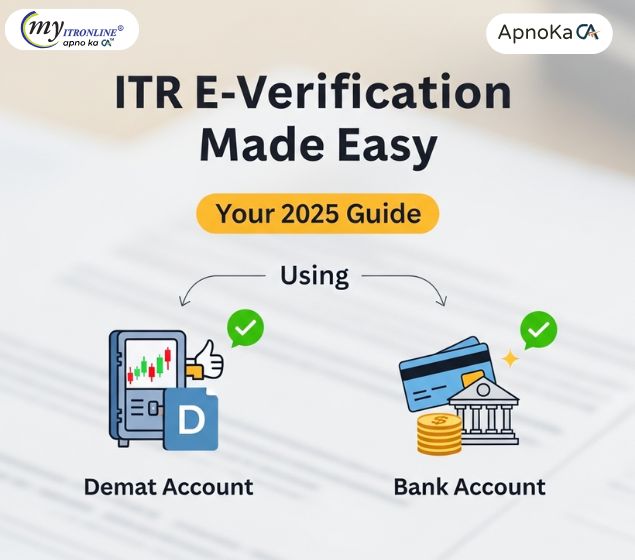
ITR E-Verification Made Easy: Your 2025 Guide Using Demat or Bank Account
A complete 2025 guide on how to e-verify your Income Tax Return (ITR) quickly and securely using your pre-validated Bank Account or Demat Account on the e-Filing portal. Learn the prerequisites and the step-by-step Electronic Verification Code (EVC) generation process.

Difference Between Refund Issued and Refund Credited in Income Tax
This guide clarifies the distinction between the two common income tax refund statuses, "Refund Issued" and "Refund Credited." Learn what each status means, the complete refund timeline, key differences, and how to check your refund status for a smoother tax experience
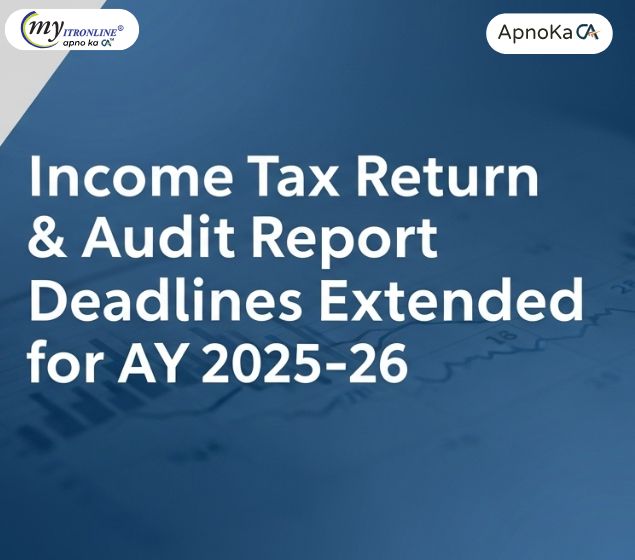
Income Tax Return & Audit Report Deadlines Extended for AY 2025–26
The Central Board of Direct Taxes (CBDT) has extended the deadlines for filing Income Tax Returns and audit reports for the Assessment Year 2025–26. This move offers relief to taxpayers and professionals by giving them more time to complete their filings.
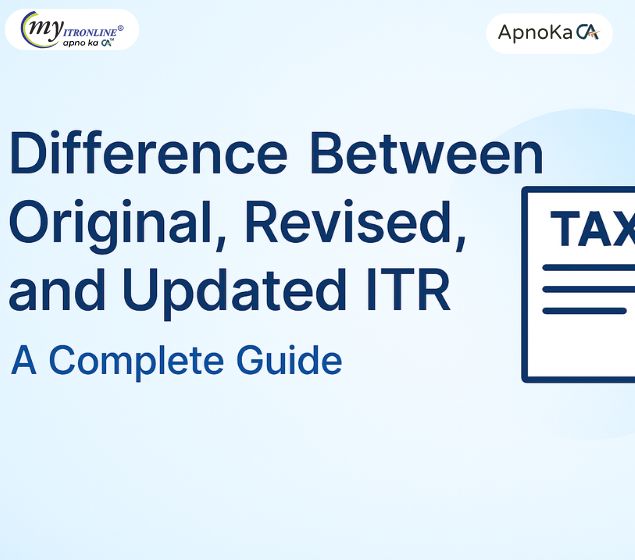
Difference Between Original, Revised, and Updated ITR A Complete Guide
This blog explains the differences between Original, Revised, and Updated Income Tax Returns (ITR) in India. It covers filing timelines, applicable sections, fees, and practical examples to help taxpayers choose the right return type and avoid penalties.

MCA Extends CRA-4 Filing Deadline No Extra Fee Till 31st December 2025
The Ministry of Corporate Affairs (MCA) has extended the deadline for CRA-4 filing without extra fees till 31st December 2025. This move helps companies and cost auditors adjust to the new form rollout on the MCA V3 portal and avoid penalties.
